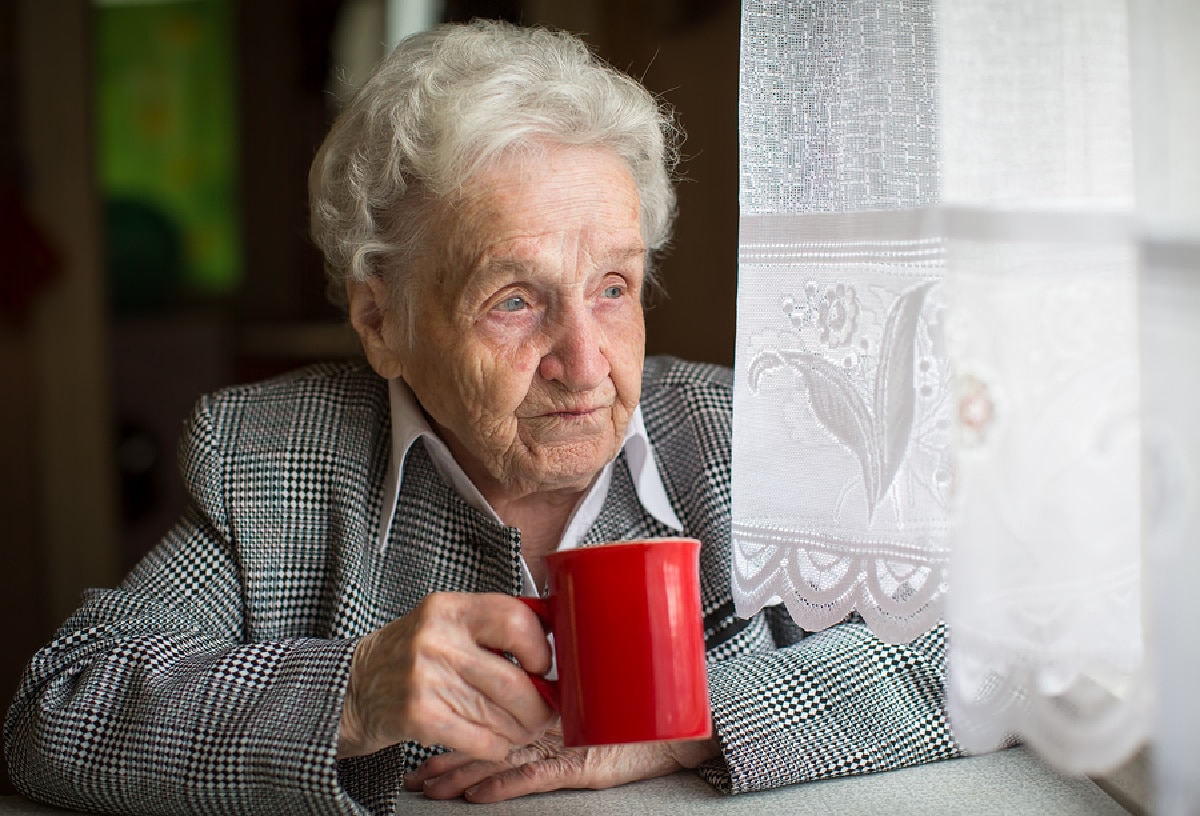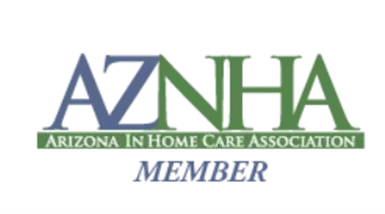Companion Care at Home: Your mom has been really forgetful lately.
She doesn’t remember where she put the car keys or her glasses. Maybe she forgets the names of people he worked with. Your family is worried that it’s Alzheimer’s. Memory loss alone is not always an indicator of Alzheimer’s disease. There are many other possibilities. Here are the questions to ask and other signs that you and your Companion Care at Home provider can look for.

Aging Leads to Some Forgetfulness
As you age, the brain’s hippocampus naturally ages. That can impact how easy it is to retrieve past information. Eventually, your mom will remember all or some of the information they need, but it’s normal. It includes recalling where she put down her keys from time to time, an acquaintance’s name, or calling someone by another person’s name.
Suppose you stop by your mom’s house with your dog. She calls the dog by her old dog’s name. That can be normal as you age. If she continually forgets your dog’s name or argues that it’s her old dog and not your dog, that’s when you should address her forgetfulness with her doctor.
Your mom keeps misplacing her house keys. It’s happened six times this month. When forgetfulness is happening regularly, it’s concerning and should be addressed.
Signs of Depression
Depression is another reason your mom may start forgetting things or becoming less focused. If she seems to be moodier, sleeps more or less, and doesn’t seem happy doing things she used to love, her memory issues could be related to depression.
Thyroid Function Impacts Memory
When thyroid function isn’t correct, it can cause issues with memory and concentration. A thyroid test is the best way to determine if the thyroid isn’t functioning correctly. If it is found to be the problem, medications will help.
What Does She Eat?
People don’t always realize that malnutrition can lead to memory issues. Vitamin B12 is one of them. Its role is to help the brain function properly. When vitamin B12 levels are deficient, it can mimic Alzheimer’s with memory loss and issues with cognitive function.
Dehydration can also impact cognitive function. If your mom is dehydrated, she may be confused and struggling with memory retention. Unless her doctor recommends otherwise, she needs to drink around two liters a day to ensure she remains hydrated.
When a neurologist diagnoses your mom with Alzheimer’s disease, look into elder care services. The disease progresses over time, but it’s important to help her adjust to having others help out.
With Companion Care at Home aides helping now, it’s easier to become comfortable and familiar with companionship visits and home care. Then, you can add other elder care services as needed.
If you or an aging loved-one are considering hiring Companion Care at Home in Queen Creek, AZ, or anywhere in the East Valley, please contact the caring staff at Legacy Home Care.
Call (480) 777-0070
Legacy Home Care has been serving the valley since 2007. We are family owned and operated with over 75 caregivers. We offer a customized care plan that includes services such as: Hourly Senior Home Care, 24-Hour Home Care, Dementia Care, Personal Care and Companion Care. Also ask us about our Veterans' Home Care program.
- Four Items To Take Care of Before Alzheimer’s Disease Progresses Too Far - January 10, 2025
- 5 Ways To Keep Your Senior Parent Safe On Social Media - December 19, 2024
- The Benefits of Good Hydration - December 9, 2024



